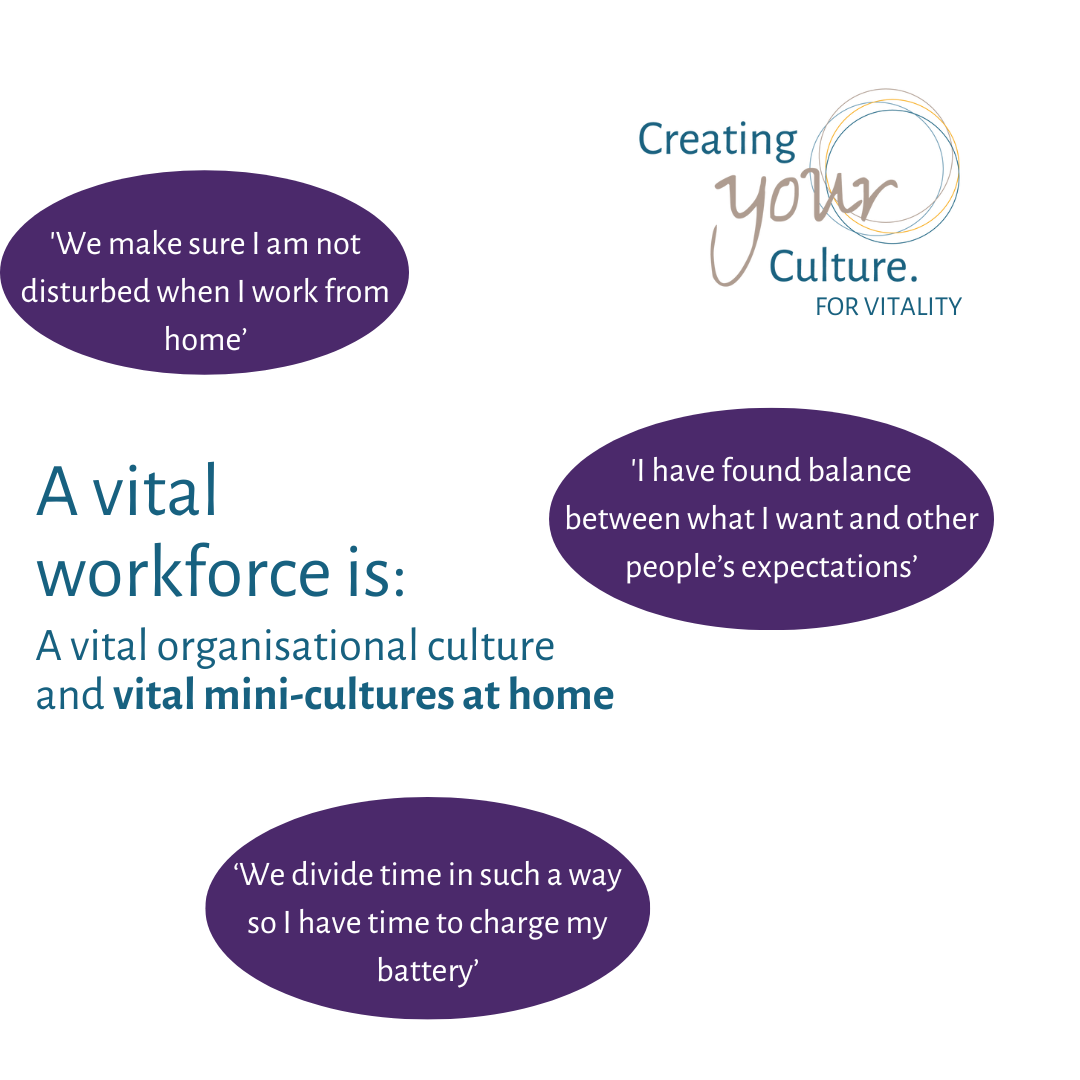
Do you strive for a resilient workforce and
do you understand that this also involves personal puzzles at home and that a medical approach falls short?
Are you seeking effective strategies for engaging with the millennial workforce?
Our society has undergone significant changes, yet many employers fail to adapt accordingly. Today's employees have a new vision for their working lives, prioritizing a better work-life balance. 'Success' is no longer solely defined by their career achievements but also by personal fulfillment. Remote work may be preferred, and individuals increasingly have diverse home situations. The rise in single-person households, single-parent families, and informal caregivers (projected to increase) exemplifies these shifts.
Organizational effectiveness is now intricately linked to the unwritten rules of employees' personal lives, not just their work environment. Without a balanced private life and conducive mini-cultures that foster fulfillment and peace, a high-performing workforce cannot be sustained. Offering a medical approach, sports facilities, or career coaching alone cannot influence these unwritten rules at home.
It is important to create a positive environment in both the organizational culture and at home to ensure individuals are well-supported, engaged, and able to thrive. Balancing both aspects can lead to improved well-being, productivity, and overall success.
The social contract between employers and employees has changed
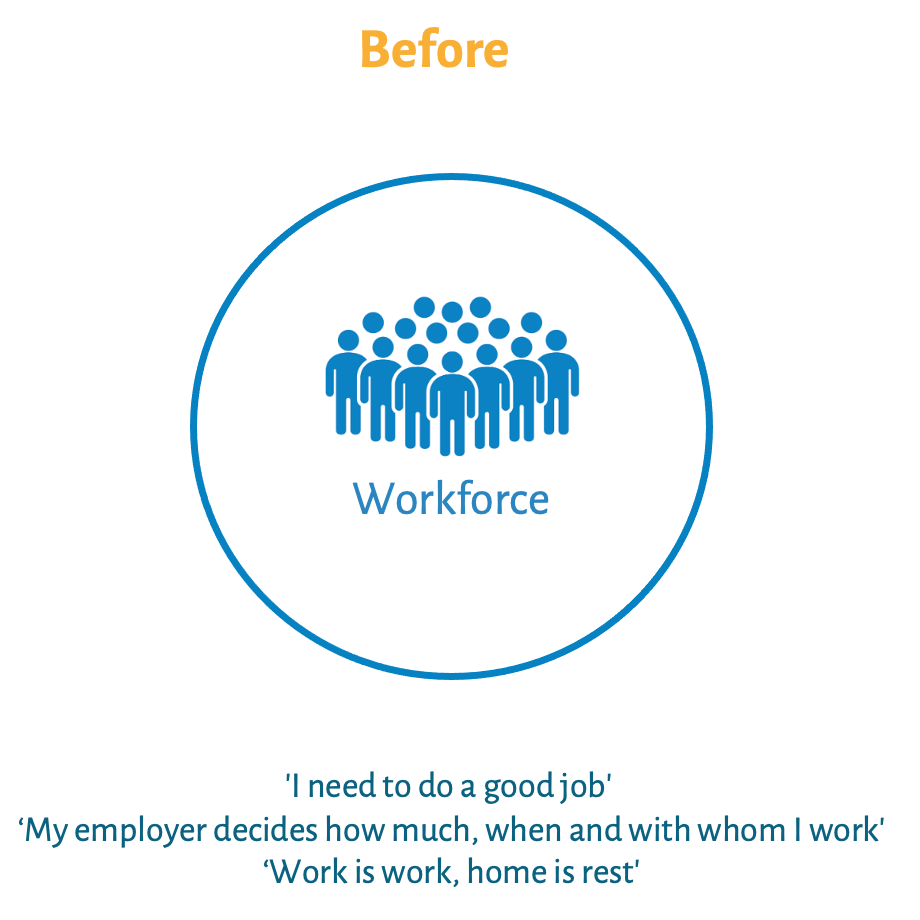
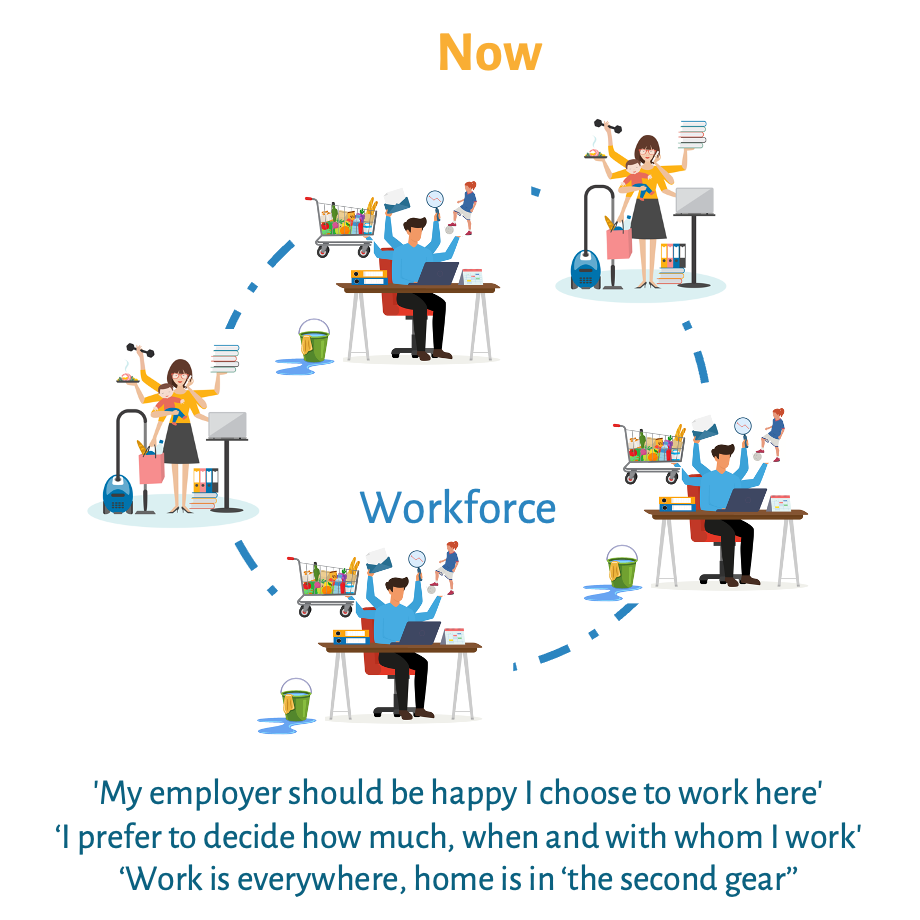
CYC is a step-by-step online program for vital mini-cultures at home
In today's fast-paced world, employees prioritize their personal well-being and work-life balance more than ever. However, the challenges of modern life - from increasing divorce rates to rising costs and the demands of a technology-driven society - can create significant stress. The old answer is that the balance in the personal world is up to the employee himself and help via an occupational health service comes into the picture when the employee has not been able to solve the personal puzzle for a long time and there is (threatened) absence. Occupational health services remain necessary for these situations.
The new answer with CYC is that the employer can facilitate his employee to bring and keep his personal world fulfilling and balanced. A necessity for the vitality of the workforce.
With the CYC program, employees have the opportunity to (re)design their own lives across all life areas — Health, Self, Social, and Wealth.
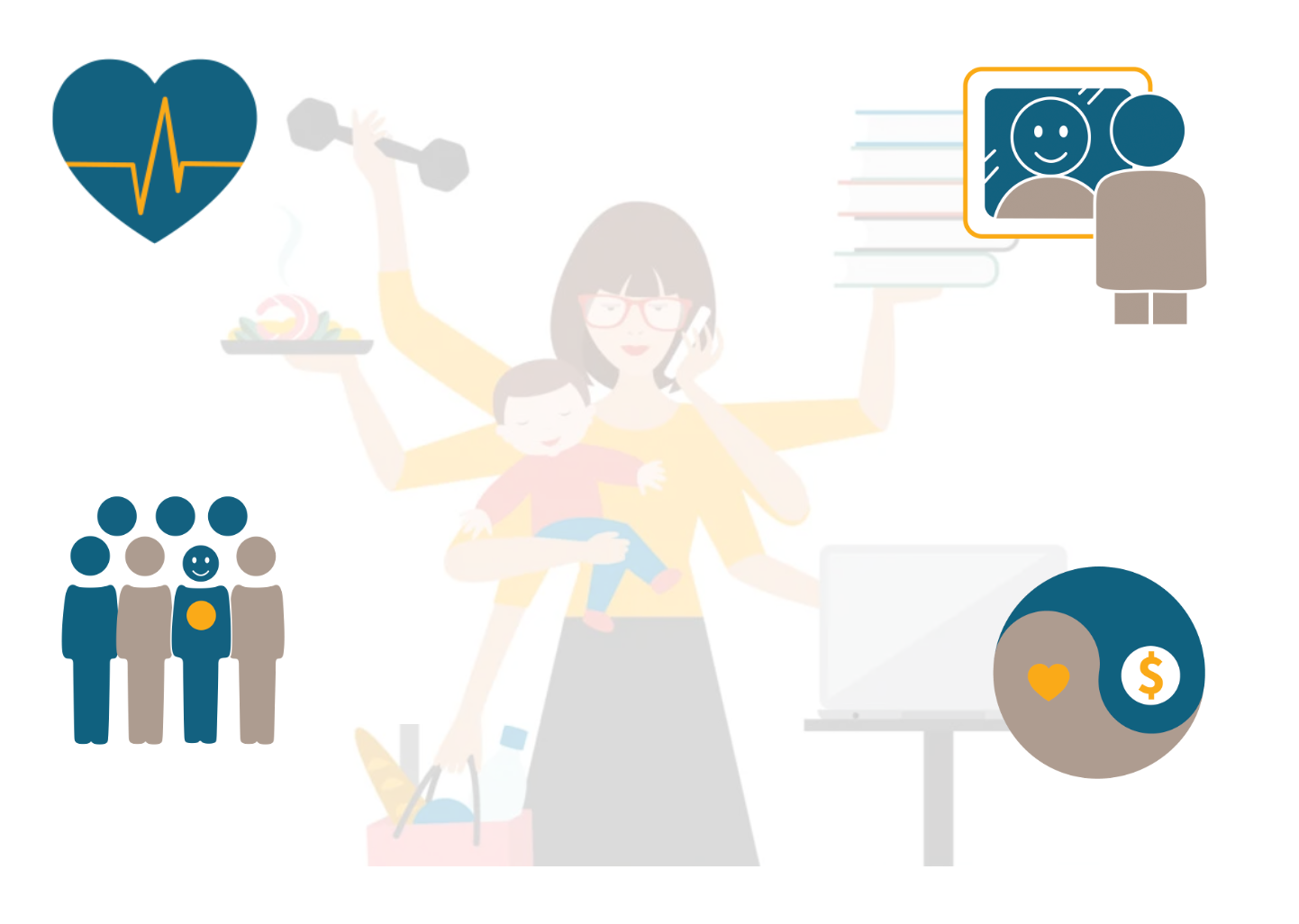
Employees work with CYC in the 4 Life Areas on Unwritten Rules to bring vitality

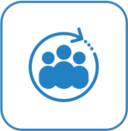
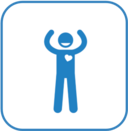
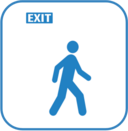
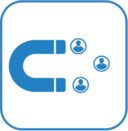
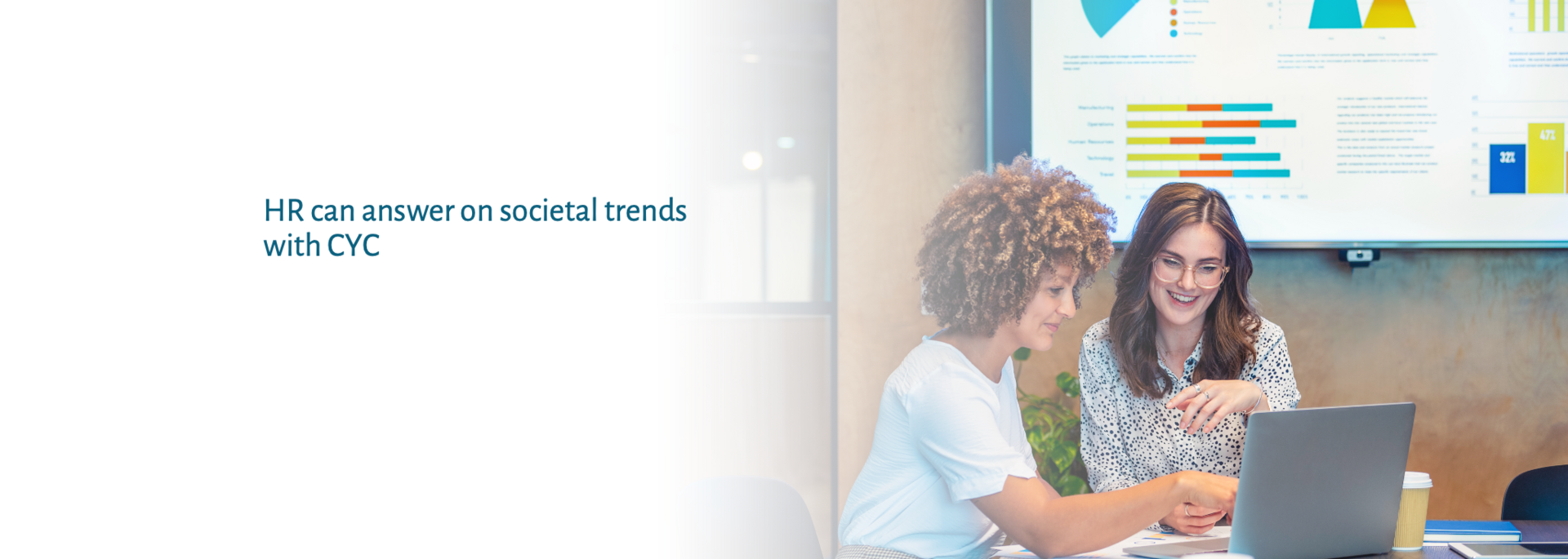
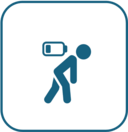
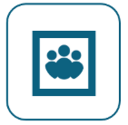

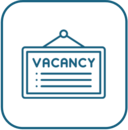
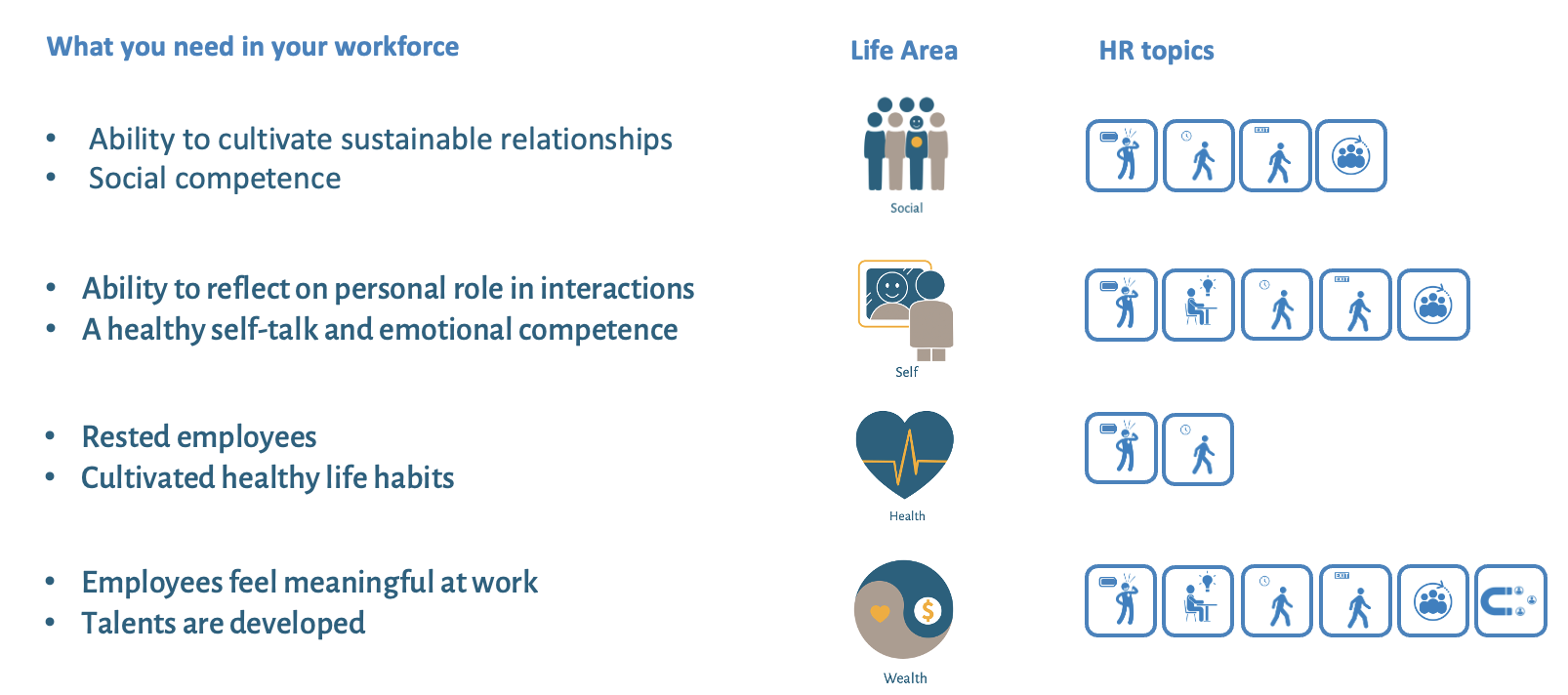
A step by step hybride/online program
Science based
Based on 25 years of experience
Thousands of employees participated
Excellent reviews
Privacy proof
Employees are facilitated to effectively redesign each of their Life Areas for balance, fulfillment and vitality. In this way CYC is an answer to HR issues.
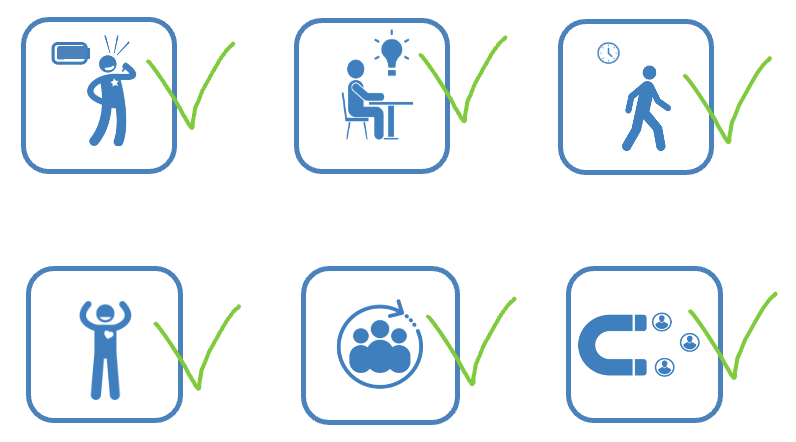
But we already have a lot on offer?
The added value of CYC is that:
The CYC program empowers employees to proactively shape every aspect of their lives, including sense of self, social relationships, health and wealth.
Built on proven scientific principles and extensive experience, this program transcends mere intentions by addressing the influence of culture. Embedding healthier habits like diet and exercise into one's daily routine is the only way for long-term success. By guiding individuals to gradually transform their personal mindset and habits, the program fosters lasting change and enables employees to become more resilient and productive.
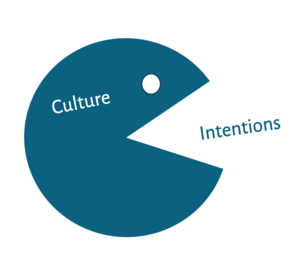
Culture eats good intentions for breakfast.
Sustainable change is therefore a
cultural change.
An example
Robin has been experiencing a lot of stress at work for a long time and when he comes home, there are jobs waiting to make the kitchen and living room really livable. There is often a lot of complaining about how it doesn't get done and what doesn't help is that Robin's mother-in-law needs more and more care. This also requires attention and time for him and his partner. Due to understaffing at work, Robin is often still busy in the evenings. He doesn't get enough exercise and often cancels his evening of football with old friends. Robin feels inadequate in all areas. Robin knows that things cannot continue like this for long, but he also doesn't know how to do it differently and where to start. Robin also no longer knows what he actually wants; everything seems to revolve around work and others.
In the CYC program, Robin becomes crystal clear within an hour what is really important to him, in each of the 4 life areas: Self, Social, Health and Wealth. He feels that his important values: adventure, fun together and conviviality hardly have any meaning in his current life. He also discovers that he feels very differently in almost all Life Areas than he would like to feel. He then discovers which unwritten rules he has as limiting beliefs that prevent him from saying 'no' to anything and avoiding the real conversation. He also realizes that he often feels poor even though he earns enough. At that moment he sees the open pipes and the kitchen cabinets without doors. The program makes Robin realize how he maintains this stressful situation and how he also plays a major role in the often unpleasant atmosphere at home. At the end of the program, Robin knows exactly what to do. The structure of the program and the 5 Windows of Change have led to a single page on which his personal actions are formulated.
Windows of Change: Context: Robin has called a handyman who comes until everything is perfect. Mental: Robin has insight into his beliefs and role in crazy 8's and decides to take a mindfulness course. Emotion: playing football with friends has been declared a saint, and he plans something fun/adventurous with his wife every month.
Robin uses the Mindfulness training at the 'academy' and the anti-stress training 'saying no'.
3 months later, Robin looks back and realizes that he was closer to burnout than he realized at the time. At home there is peace and space for fun. Robin has more energy because he recharges with his friends and exercises more. Collaboration is better at work; Robin promises less and is better able to keep his agreements. He feels like the director of his own work and life again.

Also for teams and for the organization?
The program is completed individually.
Good teams and organizations can be built with people who are individually vital and can reflect on their own role and contribution. The program can therefore also be used to improve teams and organizations. If there is a specific need to work on team or organizational culture, please contact us so we can discuss your issues and how we can help.
Aren't employees able to improve their personal vitality and choose from existing offerings?
Hoping that employees will improve their 4 Life Areas all by themselves is not an effective strategy. Self-reflection, grasping one's own situation and knowing and doing what really helps is given to few and is often a time-consuming job. Coaching is expensive, is often a barrier and less flexible than an online program available anytime, anywhere - even at home. In addition, coaches often have a certain expertise and rarely touch all Windows of Change. While the integrated approach largely explains the success of our approach. By the way, coaches can play an important role, separately or in combination with the program! Below we have listed the pros and cons of leaving it to employees to tackle their vitality themselves, the CYC program, a personal coach, and live (group sessions):

How the versatility of CYC leads to individual routes for solving HR issues (examples):
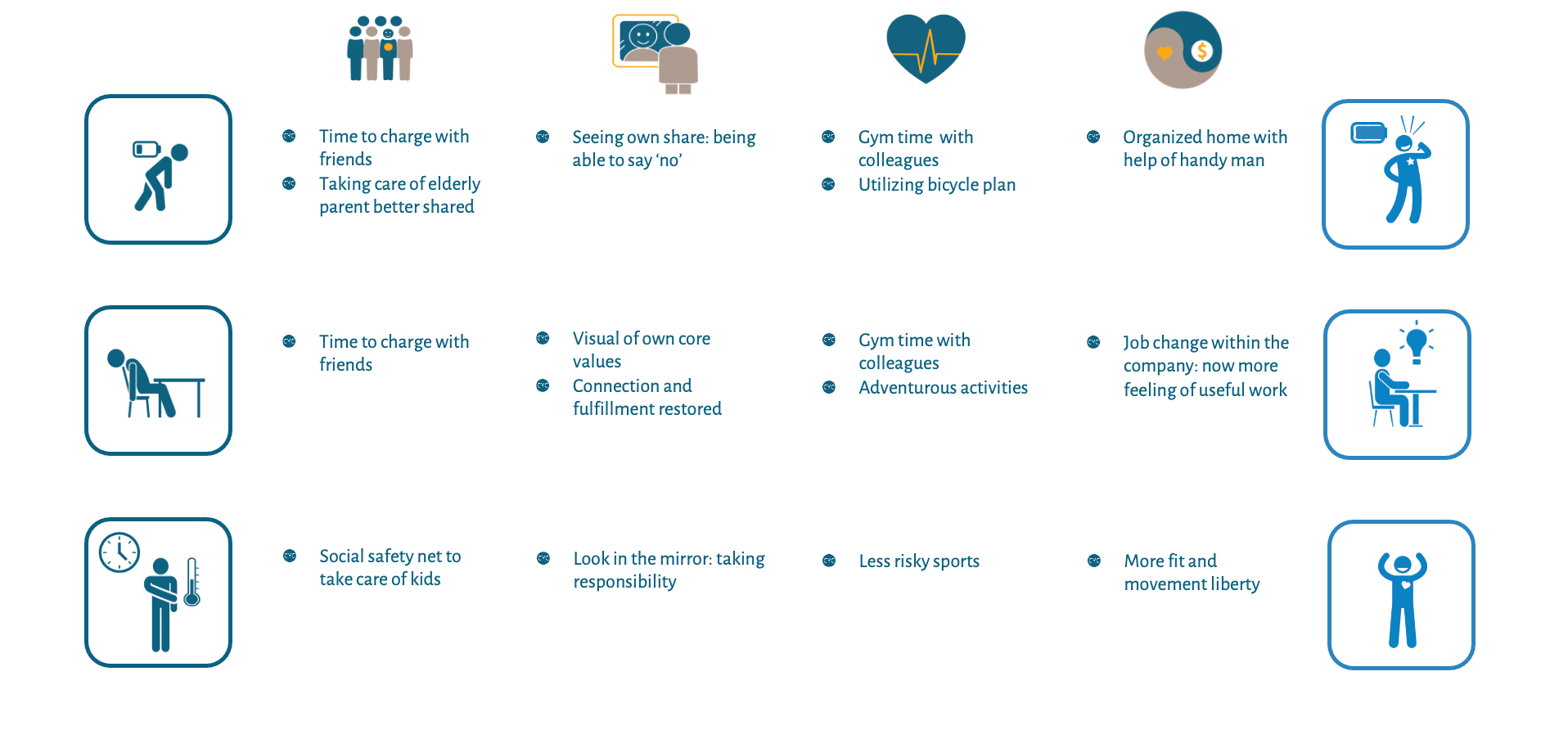
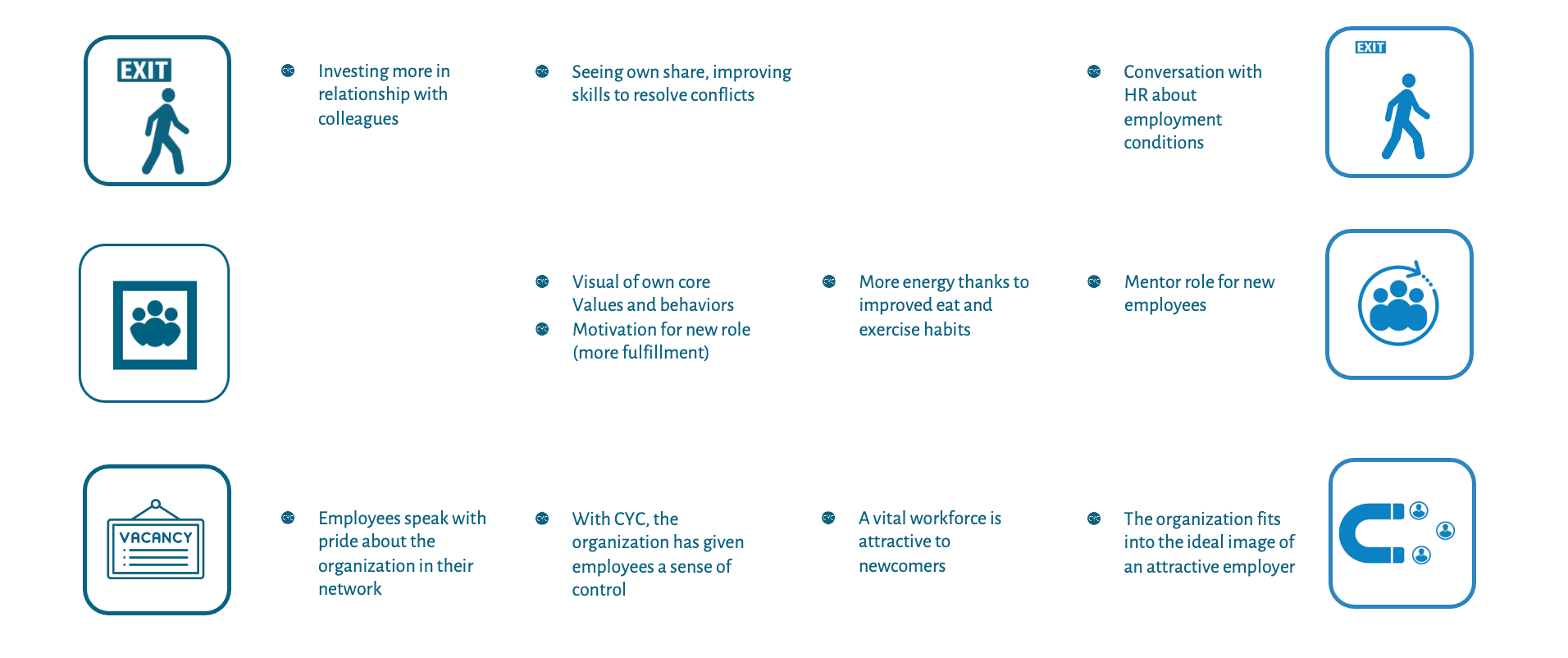
The CYC Business case
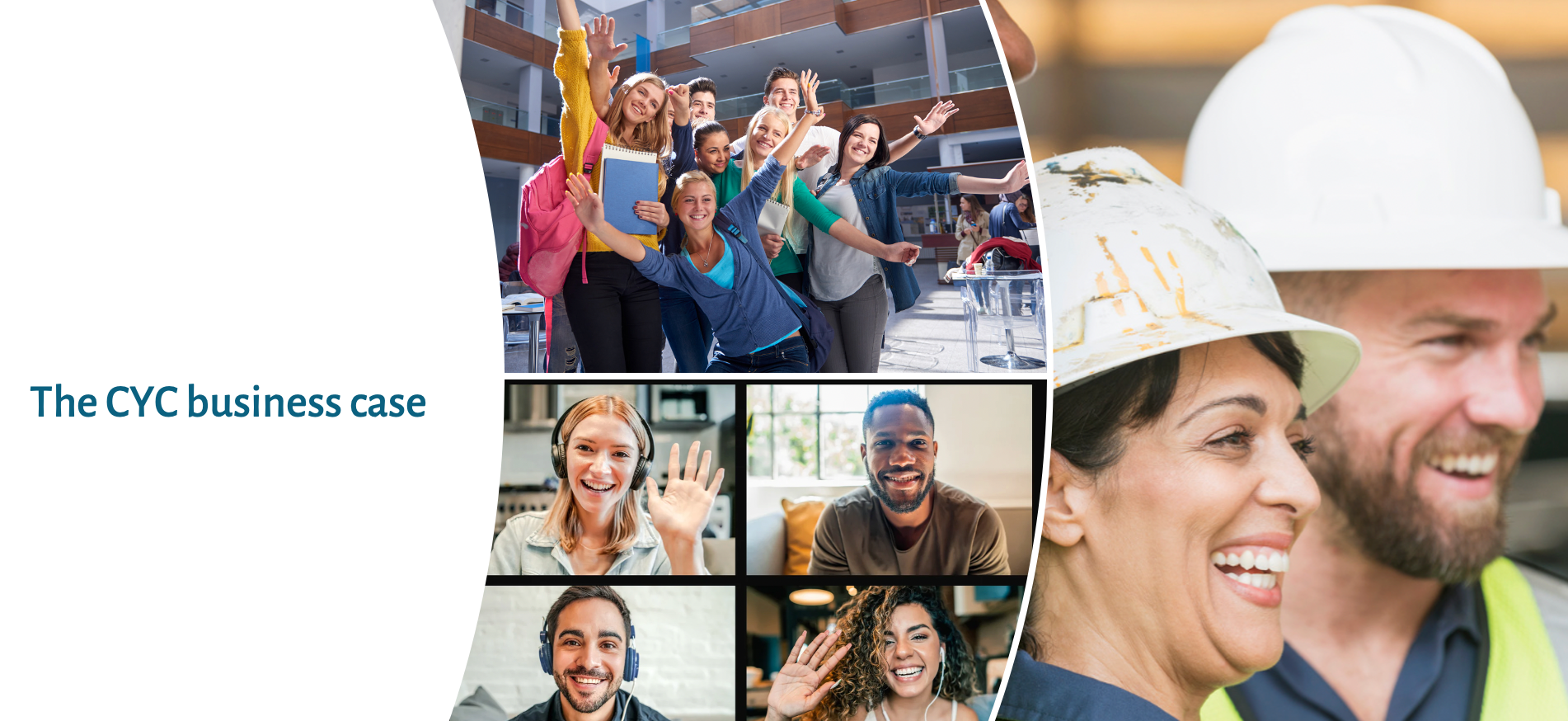
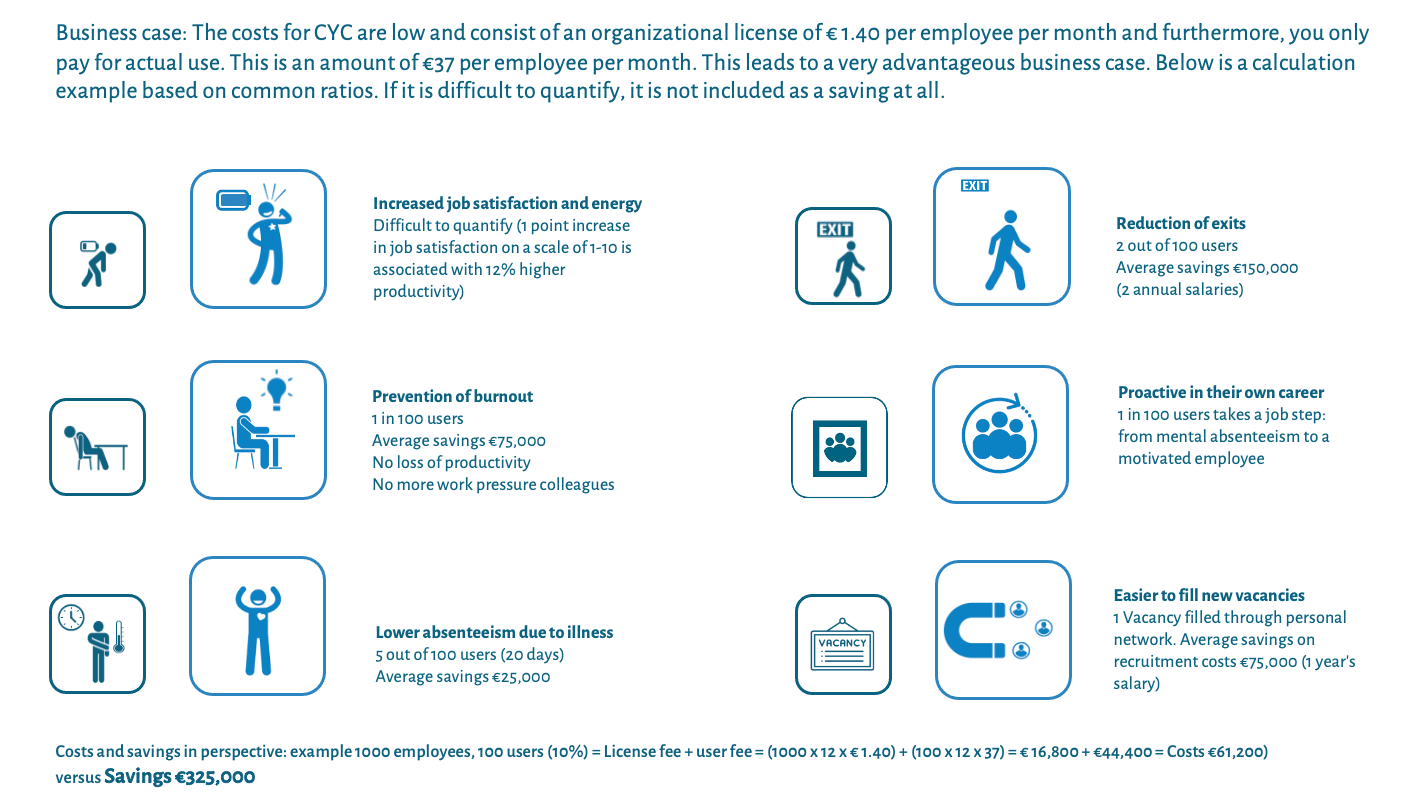
About us

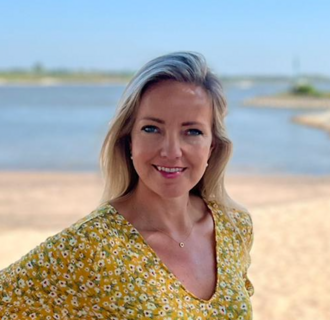
Anna Bos, MSc, Cultural Anthropologist, Sr. researcher, Sr. trainer, former Managing Partner BAG Africa
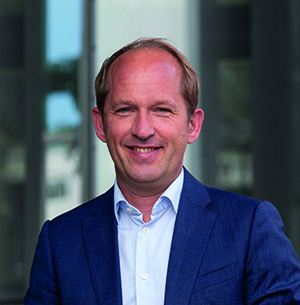
Dr. Johan Boudewijns, Expert on unwritten rules, Principal advisor, Director BAG
Tools and services
We are happy to provide custom solutions for all situations that are not included in the license. You have your questions, we have our expertise; we create success together. We consolidate good conversations into a clear quotation in which your question and our approach with related activities are clearly described. We will then work in phases with evaluation moments each time.
We always start organizational culture change processes with a diagnosis of the unwritten rules. In this way we make the culture tangible and we can determine an effective change approach. What we will do together is a result of co-creation.
Possible target groups
All employees for maintaining a vital workforce and prevent burnout
All employees to align with organizational values and attractive employment practices
All employees interested in personal growth and development
Leaders: management development
Interns seeking professional development
High potentials (to prevent them leaving)
Employees who need support for reintegrating back into work
Expats transitioning to a new work and life environment
Individuals feeling stuck
We offset CO2 emissions from using our app through sponsorship of WWF.